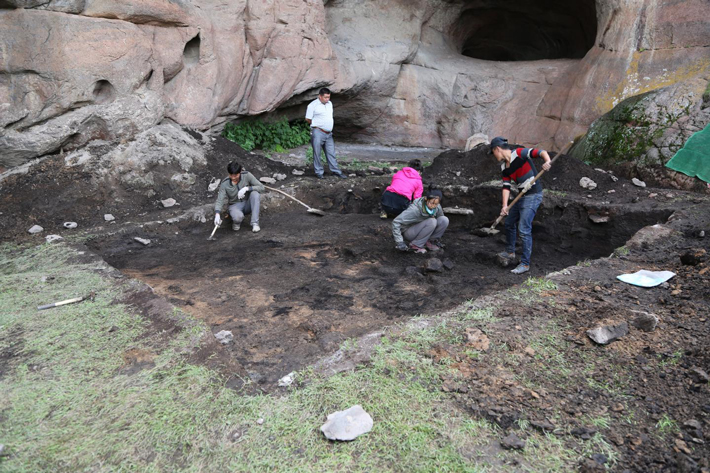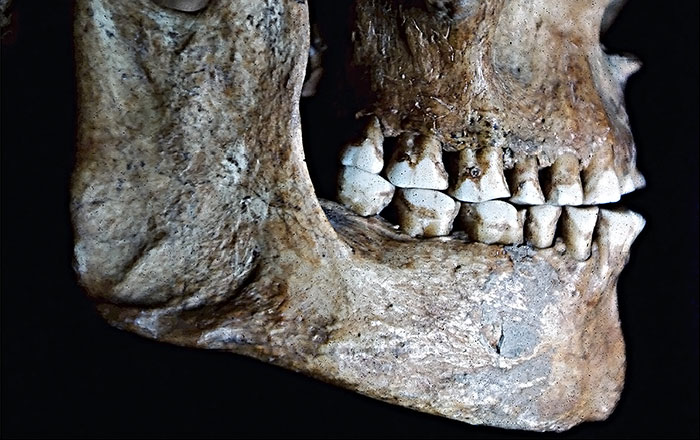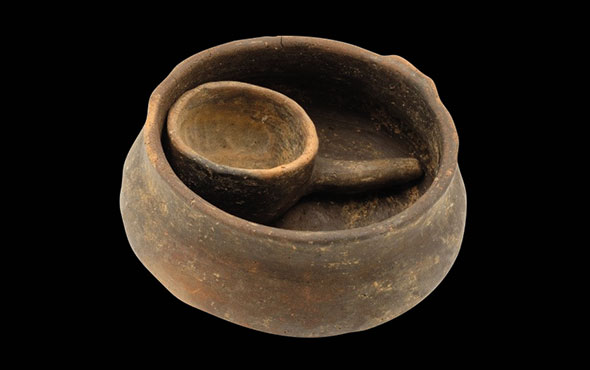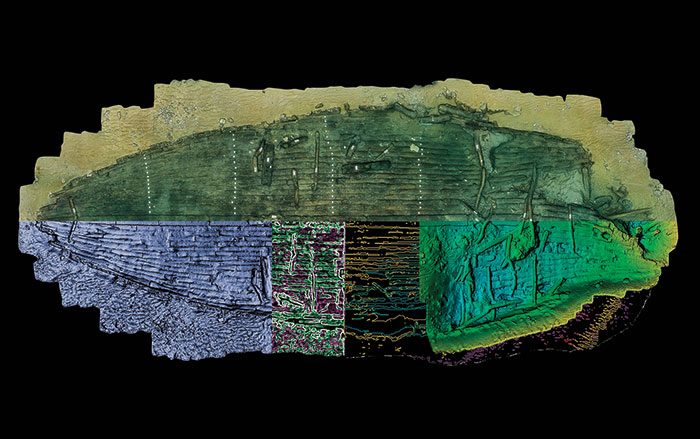
JENA, GERMANY—According to a statement released by the Max Planck Institute for the Science of Human History, 5,200-year-old grains uncovered in the Chinese Altai Mountains by researchers led by Xinying Zhou of Beijing’s Institute of Vertebrate Paleontology and Paleoanthropology suggest that wheat and barley were grown in northern Central Asia at least 1,000 years earlier than previously thought. The plants, which were first cultivated in the eastern Mediterranean and southwest Asia, are thought to have been carried northward along trade routes that eventually developed into the Silk Road. Although the area in the Altai Mountains where the grains were found was probably slightly warmer and more humid some 5,000 years ago than it is today, wheat and barley plants are thought to have evolved and adapted to grow in the shorter, colder days experienced in the north. The researchers concluded that the cultivation of such cereals could have helped people to survive in the unpredictable environment of northern Asia. To read about the advent of aquaculture in Asia, go to "China's Carp Catchers."










